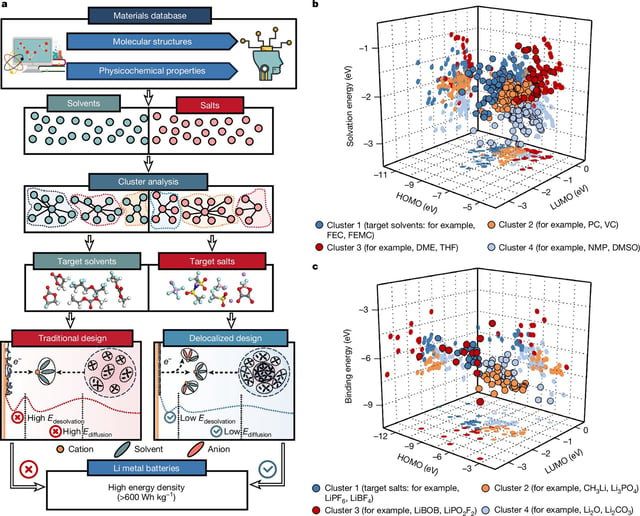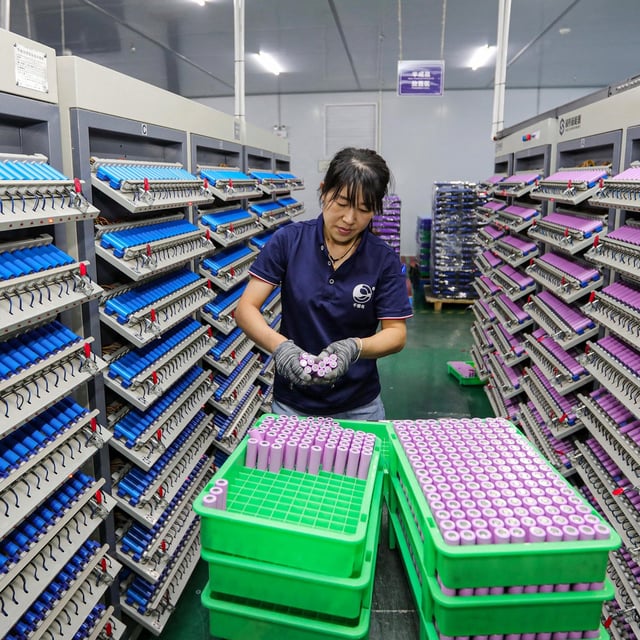Overview
- Researchers engineered a delocalised electrolyte that creates a disordered solvation microenvironment to boost ion transport and stabilize lithium interfaces
- High-capacity pouch cells reached 604.2 Wh/kg, roughly double Tesla’s 300 Wh/kg benchmark and exceeding Beijing’s 400 Wh/kg target for EV batteries
- The findings were published in Nature and demonstrated stable performance over 100 charge-discharge cycles under laboratory conditions
- The team has already deployed the technology in prototype drone batteries to assess real-world energy and endurance gains
- Independent replication, extended cycle testing, safety evaluation and scale-up of manufacturing processes remain critical before commercial rollout

